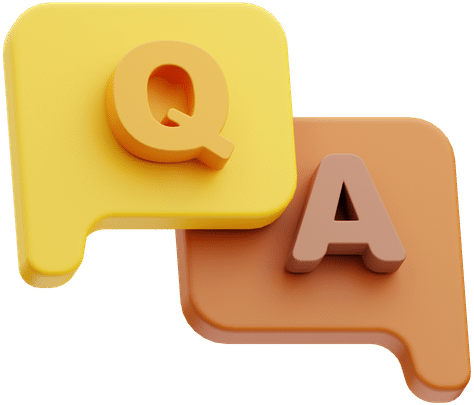Ethereum is a decentralized, open-source blockchain platform that allows developers to build and deploy decentralized applications (DApps) and smart contracts. It was created by Vitalik Buterin in 2015 and has since become one of the most popular and widely used blockchain platforms in the world.
Like Bitcoin, Ethereum is a cryptocurrency that uses a decentralized ledger to record transactions. However, Ethereum is much more than just a digital currency – it is a platform that allows developers to build decentralized applications that run on the Ethereum blockchain. These applications are known as DApps and are designed to be more secure and transparent than traditional applications.
One of the key features of Ethereum is its smart contract functionality. Smart contracts are self-executing contracts with the terms of the agreement between buyer and seller being directly written into lines of code. They allow for the automation of complex agreements and can be used to create a wide range of applications, from simple voting systems to complex financial instruments.
The Ethereum blockchain is also home to its own cryptocurrency, Ether (ETH), which is used to pay for transaction fees and to incentivize miners to validate transactions. Ether can also be used as a store of value, like Bitcoin.
One of the main benefits of Ethereum is its ability to support decentralized autonomous organizations (DAOs). A DAO is an organization that is run entirely on a blockchain and is governed by smart contracts. Members of the organization can vote on proposals and decisions, and the results are automatically executed by the smart contract.
Ethereum has become a popular platform for initial coin offerings (ICOs), which are a type of crowdfunding campaign where startups raise funds by selling their own cryptocurrency tokens. These tokens can be used to access the startup’s platform or services, or as a store of value.
In addition to its smart contract functionality, Ethereum has several other features that make it an attractive platform for developers. These include:
- Ethereum Virtual Machine (EVM): The EVM is a virtual machine that runs on the Ethereum blockchain and allows developers to execute smart contracts.
- Gas: Gas is the unit used to measure the amount of computational effort required to execute a smart contract on the Ethereum network. Users must pay a fee in Ether to cover the cost of gas when executing a smart contract.
- Solidity: Solidity is the programming language used to write smart contracts on the Ethereum network. It is similar to JavaScript and is designed to be easy to learn for developers who are familiar with object-oriented programming languages.
- Web3.js: Web3.js is a JavaScript library that allows developers to interact with the Ethereum blockchain from a web application. It provides a simple interface for sending and receiving transactions, querying the blockchain, and more.
In recent years, Ethereum has become the platform of choice for many developers who are building decentralized applications and smart contracts. It has a large and active developer community, and there are thousands of DApps currently running on the Ethereum blockchain.
Some popular Ethereum-based DApps include:
- Uniswap: Uniswap is a decentralized exchange that allows users to trade cryptocurrencies without the need for a centralized exchange.
- Aave: Aave is a decentralized lending platform that allows users to earn interest on their cryptocurrency holdings by lending them to others.
- Decentraland: Decentraland is a virtual world where users can buy and sell virtual land, create content, and interact with others.
- Gnosis: Gnosis is a prediction market platform that allows users to make bets on the outcome of future events.
Ethereum has revolutionized the way that developers build and deploy decentralized applications and smart contracts. Its smart contract functionality and support for DAOs have created new opportunities for innovation and collaboration, and its large and active developer community continues to push the boundaries of what is possible on a blockchain platform.
